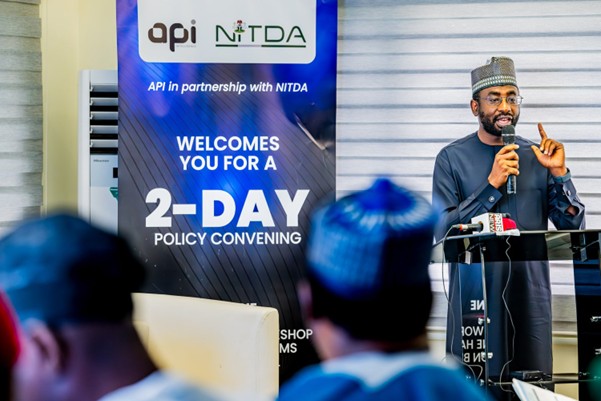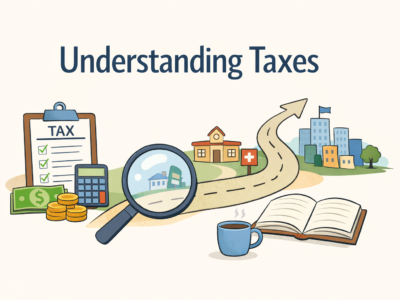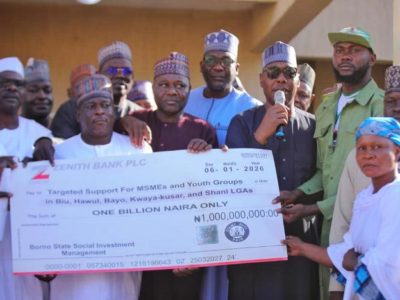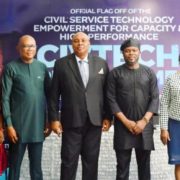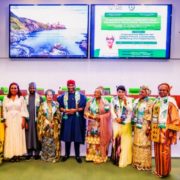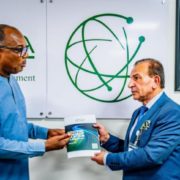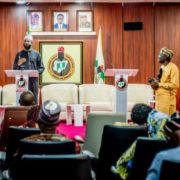Nigeria is redefining its approach to technology regulation with a bold shift from market-driven oversight to a model grounded in public interest, civic inclusion, and human rights.
NITDA Pushes for Inclusive Digital Governance
At a multi-stakeholder policy workshop in Abuja, the Director General of the National Information Technology Development Agency (NITDA), Kashifu Inuwa Abdullahi, emphasized the urgent need for a legal and ethical framework that ensures accountability, transparency, and digital rights.
RELATED: NITDA lays groundwork for online harms protection bill in Nigeria, releases releases Whitepaper
The workshop, organised by the Advocacy for Policy and Innovation (API) in collaboration with NITDA, focused on deliberations around the draft Online Harm Protection (OHP) Bill.
The Online Harm Protection Bill
The OHP Bill is designed to establish a comprehensive framework addressing online harms, misinformation, surveillance capitalism, and algorithmic bias while safeguarding democratic values and protecting individual rights.
It proposes four institutional mechanisms:
- Online Harm Protection Center to coordinate regulation across sectors.
- Multi-Stakeholder Council for participatory decision-making.
- Redress Panel where users can challenge unfair platform actions.
- Independent Oversight Forum to maintain transparency and build public trust.
“This Bill is not just about regulation—it’s about securing democracy, safeguarding digital rights, and building a resilient and inclusive digital future for Nigeria,” Abdullahi stressed.
Lessons from Twitter Suspension
Abdullahi recalled the 2021 suspension of Twitter in Nigeria as a turning point in digital governance. The event highlighted power imbalances between global tech giants and sovereign nations, leading NITDA to introduce a Code of Practice for digital platforms and release a White Paper on Online Harm Protection in December 2024.
Strong Political Backing
Deputy Speaker of the House of Representatives, Rt. Hon. Benjamin Kalu, commended the participatory approach and pledged legislative support. Similarly, Hon. Adedeji Stanley Olajide, Chairman of the House Committee on ICT, promised to fast-track the Bill’s reading and ensure broad consultation.
“The digital economy cannot flourish without trust—and trust requires laws that put people first,” Olajide said.
Civil Society Voices Inclusion
Victoria Manya, Co-founder of API, described the OHP Bill as a “social contract” grounded in Nigeria’s cultural, political, and technological realities.
“Regulation is not about censorship—it’s about protection,” she noted, stressing that online harms disproportionately affect marginalised groups. She praised the inclusive drafting process and called on tech companies, journalists, civil society, and citizens to participate in shaping Nigeria’s digital future.

